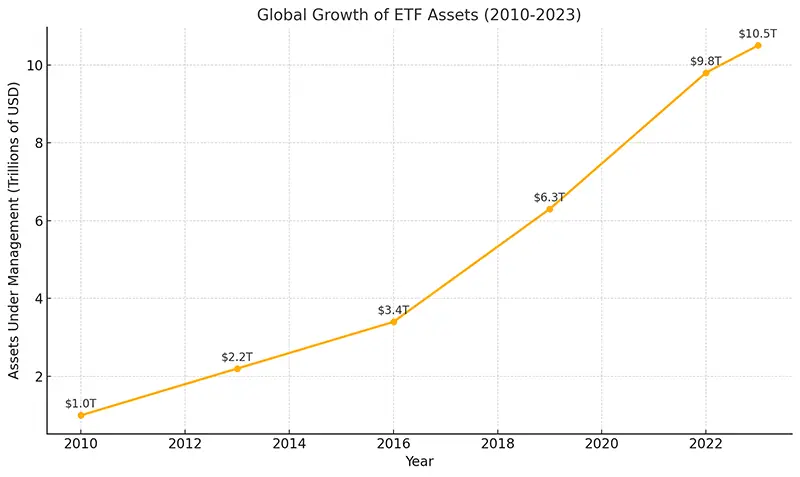Quantum computing, once a theoretical concept, is now a growing field with major public companies investing heavily in its potential. These corporations recognize the transformative power of quantum technologies across industries such as cybersecurity, materials science, pharmaceuticals, and artificial intelligence.
1. Microsoft (MSFT) – Pioneering Topological Quantum Computing
Microsoft recently announced a breakthrough with its Majorana 1 quantum chip. This chip utilizes topological superconductors, a novel state of matter, to enhance the stability and scalability of quantum computations. Microsoft believes this could lead to practical quantum computers capable of solving complex problems within the next decade. The company is integrating quantum computing into its Azure Quantum cloud platform, aiming to make quantum solutions accessible to researchers and businesses.
2. IBM (IBM) – Advancing Toward Fault-Tolerant Quantum Systems
IBM has been at the forefront of quantum computing for years and has ambitious plans to develop the first error-corrected, fault-tolerant quantum computer by 2028. The company operates a cloud-based quantum computing platform, IBM Quantum, which allows researchers and businesses to experiment with quantum algorithms. IBM’s quantum computing revenue is growing as more industries explore real-world applications.
3. Alphabet (GOOGL) – Accelerating Quantum Research
Google, under its parent company Alphabet, has made significant progress in quantum computing. It previously achieved “quantum supremacy”—demonstrating that a quantum computer could solve a problem faster than the most powerful supercomputer. Google has also unveiled a new quantum computing chip, aiming to commercialize quantum applications within the next five years. The company’s quantum research division continues to push the boundaries of computational power.
4. IonQ (IONQ) – Specializing in Trapped-Ion Quantum Computers
IonQ is one of the few publicly traded pure-play quantum computing companies. It develops trapped-ion quantum computers, which offer high stability and scalability. IonQ’s quantum hardware is available on cloud platforms such as Amazon Web Services (AWS), Microsoft Azure, and Google Cloud. The company is positioning itself as a leader in making quantum computing more accessible to businesses.
5. D-Wave Quantum Inc. (QBTS) – Commercial Quantum Annealing
D-Wave specializes in quantum annealing, a form of quantum computing focused on optimization problems. Unlike general-purpose quantum computers, D-Wave’s technology is designed to tackle specific use cases such as logistics, financial modeling, and materials research. The company has sold quantum systems to organizations including NASA and Lockheed Martin, demonstrating real-world applications of its approach.
6. Quantinuum (Private, Honeywell’s Quantum Arm)
Quantinuum was formed by the merger of Honeywell Quantum Solutions and Cambridge Quantum Computing. While currently private, it is backed by Honeywell International (HON) and has received major funding from investors. Quantinuum focuses on delivering end-to-end quantum solutions, integrating both hardware and software innovations.
Investor Considerations
Although quantum computing holds immense promise, the technology is still in its early stages. Companies investing in quantum computing face significant challenges, including error correction, hardware scalability, and practical application development. Investors should carefully assess each company’s approach, financial stability, and timeline for commercialization before making investment decisions.
Conclusion
Quantum computing is shaping up to be one of the most revolutionary fields in technology, and these public companies are leading the charge. While we may still be years away from large-scale quantum adoption, the potential rewards for early investors in this space could be substantial. Keeping an eye on MSFT, IBM, GOOGL, IONQ, and QBTS could provide insights into the progress and commercialization of this groundbreaking technology.






